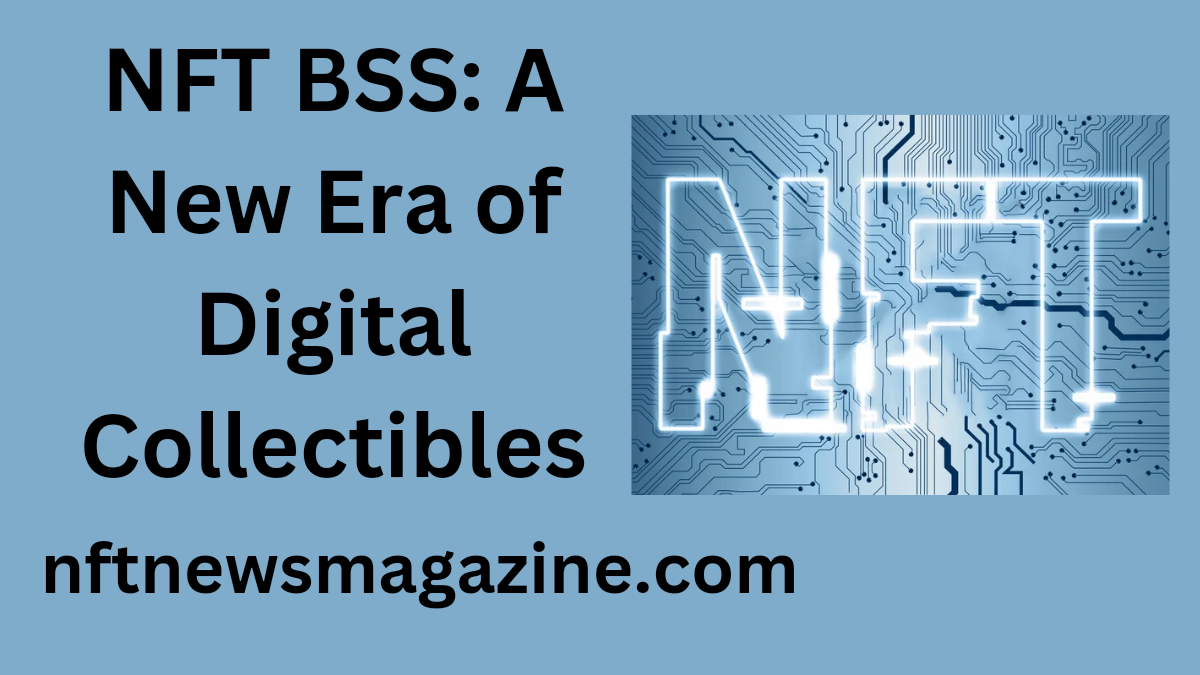Overview
Nowadays, cryptocurrency is a crucial component of contemporary financial systems. Digital assets like Bitcoin and Ethereum are becoming more and more common in divorce procedures due to their growing popularity. This creates further difficulties, particularly in Massachusetts when it comes to property division during a divorce.
Because Massachusetts has equitable distribution laws, assets are divided fairly, though not usually equally. Crypto assets, however, come with special problems. The divorce procedure may be made more difficult by their digital form, fluctuating value, and possibility for concealment.
The handling of bitcoin in a Massachusetts divorce is examined in this article. We’ll go over everything you need to know, from recognising and appraising cryptocurrency holdings to making sure a divide is equitable. You can better prepare for negotiating this challenging financial environment after a divorce by being aware of the intricacies of digital assets.
Gaining Knowledge about Cryptocurrency in Divorce
A digital money that functions separately from conventional banks is called cryptocurrency. Litecoin, Ethereum, and Bitcoin are well-known examples. In contrast to real currency, cryptocurrency is safe and decentralised because it is stored in a digital ledger known as a blockchain.
If bitcoin was purchased during the marriage, it is regarded as a marital asset in a divorce. It joins the total asset pool to be divided, just like any other property. But because crypto is intangible and frequently anonymous, it can be challenging to detect and follow.
This implies that openness is essential throughout the divorce procedure. In order to guarantee a fair settlement, both parties must reveal the cryptocurrency they own. Legal repercussions, such as fines or a court-mandated wealth redistribution, may result from concealing cryptocurrency assets or from failing to reveal them.
Property Division Laws in Massachusetts
Massachusetts is a state that practices equal distribution. This indicates a fair, though not necessarily equal, division of marital assets. The length of the marriage, each spouse’s contributions, and both parties’ financial requirements are only a few of the variables the court takes into account.
If cryptocurrency is obtained during a marriage, it is considered marital property, much like other financial assets. Separate property, or assets acquired prior to marriage, might not be divided, nevertheless, unless they were mixed with marital monies.
Judges have discretion within the equitable distribution framework. For instance, the court might give one spouse a bigger portion if they made a substantial contribution to the purchase of cryptocurrency. However, the judge may give the other spouse a larger share of the known assets if one spouse is concealing cryptocurrency assets.
The Identification and Appraisal of Cryptocurrency Assets
One of the most difficult parts of a in a divorce in massachusetts on crypto what happens are widely used, which can make it simple to conceal assets from a spouse. If these assets are not properly disclosed, they may go undiscovered.
Lawyers may use forensic specialists to track transactions or demand exchange information in order to unearth hidden cryptocurrency. Blockchain records are examined by forensic accountants to find wallets or accounts connected to the person.
Because of its volatility, valuing cryptocurrencies is another difficulty. For example, Bitcoin’s value might change dramatically over a brief period of time. The date of separation or trial is frequently used by courts to calculate the value. Settlements may become more difficult, though, if market value fluctuates over the proceedings.
Typical Crypto-Related Problems in Divorce
Divorce processes face special difficulties because of cryptocurrency. Its price fluctuation is one of the main problems. A cryptocurrency asset’s value might fluctuate significantly in a matter of days, making it challenging to reach a just settlement.
The possibility of concealing in a divorce in massachusetts on crypto what happens frequently anonymous and can be kept on external devices or in cold wallets. This affects the fairness of the division process by causing an imbalance in asset disclosure.
Lastly, it can be challenging to prove ownership of cryptocurrency. Ownership disputes over cryptocurrency assets may occur in the absence of adequate paperwork or recordkeeping. Due to these difficulties, involving legal and financial professionals is crucial to guaranteeing openness and equity in the distribution of digital assets.
How to Keep Crypto Safe During a Divorce
It’s critical to take precautions to safeguard your bitcoin holdings in the event of a divorce. First, keep thorough records of all your cryptocurrency transactions, including the dates, quantities, and wallet information of each purchase. This paperwork is necessary to establish ownership and prevent disagreements.
Next, speak with a lawyer who understands Massachusetts divorce laws and cryptocurrency. They can assist you in navigating the division process and provide guidance on how to appropriately disclose your assets. If you think your spouse is concealing cryptocurrency assets, you should also hire a forensic accountant.
Openness is essential. There are serious repercussions for not disclosing cryptocurrency holdings, including fines from the court. You can safeguard your financial interests and guarantee a just conclusion by being truthful and proactive.
Massachusetts Divorce Crypto Legal Precedents
Cryptocurrency-related divorce cases in Massachusetts are currently developing. Nonetheless, prior rulings offer valuable perspectives on how courts manage these resources. To guarantee a fair settlement, judges frequently demand complete financial disclosure, including cryptocurrency holdings.
For instance, the court can give the other spouse a bigger portion of the remaining assets if one spouse conceals cryptocurrency holdings and they are later found. Forensic specialists are occasionally asked to testify on the location and worth of hidden cryptocurrency.
The need of truthfulness and complete disclosure in divorce procedures is underscored by these instances. Courts have the resources to handle the complexity of cryptocurrencies and are becoming more knowledgeable about them.
Final Thoughts
The usage of in a divorce in massachusetts on crypto what happens to equitable distribution as a marital asset, but there are particular difficulties because of its digital character, volatility, and possibility for concealment.
You can handle this process more easily if you are aware of the laws pertaining to property splitting and have legal counsel. You can safeguard your interests and get a just settlement by making sure everything is transparent, recording your assets, and speaking with professionals.
The use of cryptocurrencies in divorce procedures will only increase as they gain popularity. The best method to deal with this contemporary financial challenge is to be well-informed and organised.











